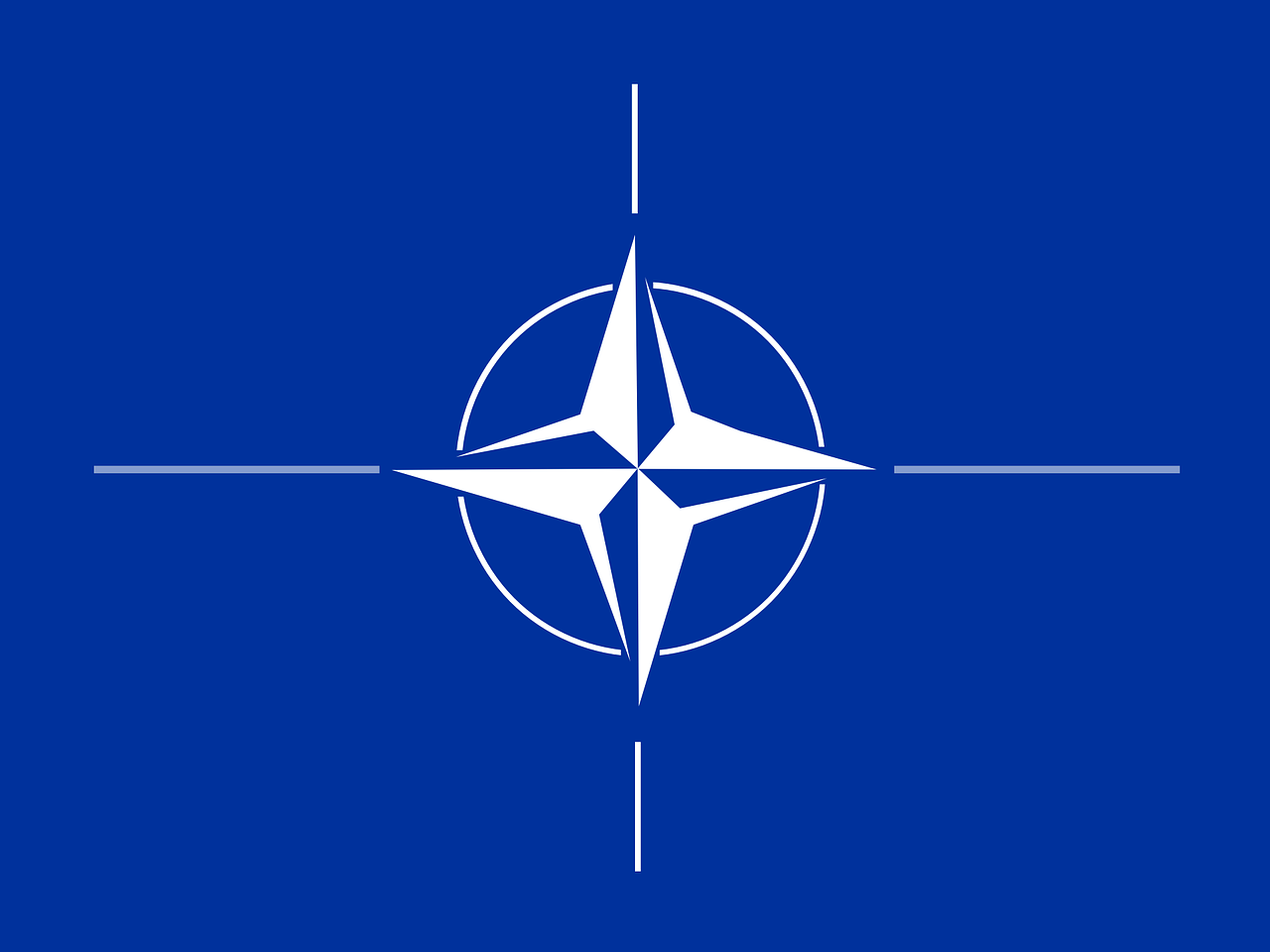
403
Sorry!!
Error! We're sorry, but the page you were looking for doesn't exist.
Hungary's ruling party boycotts NATO enlargement vote
(MENAFN) In a move that has heightened tensions within NATO, legislators from Hungary's ruling Fidesz party have boycotted an emergency vote on Sweden's application to join the alliance. The ruling party insists that Sweden's Prime Minister, Ulf Kristersson, must visit Hungary and meet with Prime Minister Viktor Orban before they decide on the issue. In a statement issued on Monday, Fidesz argued that the ratification vote should occur during a regular parliamentary session, adding that they expect the Swedish prime minister to visit Hungary first.
The boycott by Fidesz lawmakers comes amidst a complex diplomatic exchange, with Prime Minister Kristersson expressing his willingness to make the trip to Budapest but indicating that he would only do so after Sweden's NATO application was approved. This creates uncertainty about how Fidesz lawmakers will proceed, as their demand for a visit from the Swedish prime minister remains unfulfilled.
During a meeting with NATO chief Jens Stoltenberg last month, Prime Minister Orban pledged to urge his party to vote on ratification "at the first possible opportunity." The emergency parliament session, held on Monday, was seen as an opportunity to fulfill this commitment, as noted by the United States Embassy in Budapest.
Critics, however, argue that Prime Minister Orban's insistence on delaying the vote is driven by personal motives and aims to garner international attention. Opposition lawmaker Agnes Vadai accuses Orban of seeking headlines in the international press and making a gesture to Russian President Vladimir Putin by undermining the unity of NATO and the European Union.
While Hungary has condemned Russia's military action in Ukraine, it has refrained from imposing sanctions on Moscow or providing arms to Kyiv, in contrast to other European Union states. The parliament in Budapest had previously voted in favor of Finnish accession to NATO last March after prolonged political negotiations but has delayed a decision on Sweden's bid for months. The ongoing political standoff raises questions about the internal dynamics within NATO and the potential impact on the alliance's expansion plans.
The boycott by Fidesz lawmakers comes amidst a complex diplomatic exchange, with Prime Minister Kristersson expressing his willingness to make the trip to Budapest but indicating that he would only do so after Sweden's NATO application was approved. This creates uncertainty about how Fidesz lawmakers will proceed, as their demand for a visit from the Swedish prime minister remains unfulfilled.
During a meeting with NATO chief Jens Stoltenberg last month, Prime Minister Orban pledged to urge his party to vote on ratification "at the first possible opportunity." The emergency parliament session, held on Monday, was seen as an opportunity to fulfill this commitment, as noted by the United States Embassy in Budapest.
Critics, however, argue that Prime Minister Orban's insistence on delaying the vote is driven by personal motives and aims to garner international attention. Opposition lawmaker Agnes Vadai accuses Orban of seeking headlines in the international press and making a gesture to Russian President Vladimir Putin by undermining the unity of NATO and the European Union.
While Hungary has condemned Russia's military action in Ukraine, it has refrained from imposing sanctions on Moscow or providing arms to Kyiv, in contrast to other European Union states. The parliament in Budapest had previously voted in favor of Finnish accession to NATO last March after prolonged political negotiations but has delayed a decision on Sweden's bid for months. The ongoing political standoff raises questions about the internal dynamics within NATO and the potential impact on the alliance's expansion plans.

Legal Disclaimer:
MENAFN provides the
information “as is” without warranty of any kind. We do not accept
any responsibility or liability for the accuracy, content, images,
videos, licenses, completeness, legality, or reliability of the information
contained in this article. If you have any complaints or copyright
issues related to this article, kindly contact the provider above.
















Comments
No comment